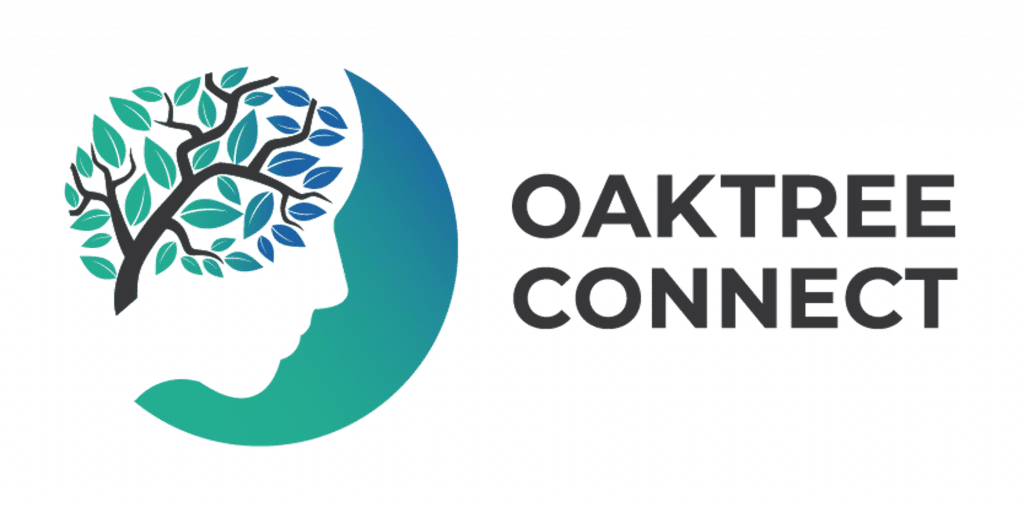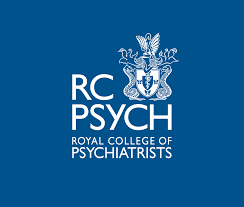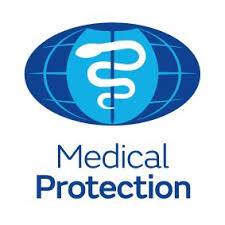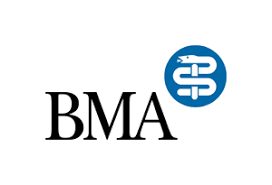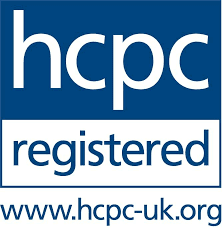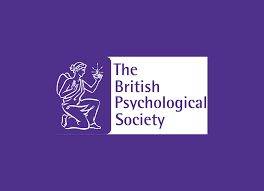Transcranial Magnetic Stimulation
TMS Treatment
At our Birmingham rTMS Clinic


What is repetitive Transcranial Magnetic Stimulation therapy?
TMS (or rTMS) treatment is pain-free highly effective treatment for depression, anxiety, and chronic pain, even where other treatments have not proven useful. It is approved by national treatment guidelines
With Oaktree, you can trust that given our years of experience, you are in safe hands. Our success rate with reduction and relief from symptoms is exemplary.
How does TMS Work?
This innovative treatment uses magnetic fields to activate or suppress the brain centres associated with a number of medical and psychiatric disorders.
No chemicals are involved in this treatment and there are few to no side effects.
We have used TMS and rTMS both terms for the same treatment throughout the site. The ‘r’ stands for repetitive magnetic pulses that are used for the treatment.
What can rTMS treat?
rTMS is proven to be one of the most effective treatment for clinical depression in several scientific studies especially when you have ‘biological depression’. It may even be effective when all other treatments have failed.
- Depression
- Anxiety Disorder
- OCD
- Migraines
- Chronic Pain
- Tinnitus
Comparison between Antidepressants and rTMS
| Approvals, Effects & Side Effects | Antidepressant Medication | Transcranial Magnetic Stimulation (rTMS) |
|---|---|---|
| National Guideline Approved | Yes | Yes |
| Non- Invasive (No anaesthesia) | Yes | Yes |
| Number of patients who benefit from treatment | 5 of 10 patients benefit | 8 of 10 patients benefit |
| Time required for Recovery from depression/ anxiety | Minimum 4- 8 weeks recovery time | Less than 2 weeks recovery time |
| Side Effects | Anxiety, Diarrhoea, Dizziness, Fatigue Headache, Increased appetite, Migraine, Nausea, Nervousness Sleep problems, Sexual dysfunction Weight gain | Local Headaches Mild fatigue 1 in 50,000 risk of seizures |

TMS TREATMENT PROCESS
At Oaktree, you will find the process of treatment sessions very easy, painfree and effective

TMS SUCCESS STORIES
We have treated patients successfully over more than 8 years and have received glowing reviews from patients

DISORDERS TREATED
rTMS is an effective treatment for clinical depression even when other forms of treatment do not work.
Ongoing Support With rTMS
We know from research that the highest risk of relapse is in the first 4 weeks after recovery from depressive symptoms. And this goes up to 12 weeks after TMS treatment.
We have therefore created specific Ongoing Care packages with reviews included to reduce the risk of relapse.
These can be used in a way to suit a your requirements. Regular maintenance sessions will benefit you and prevent depression or anxiety disorder symptoms from returning.
The positive effects of rTMS treatment are on-going in enhancing your brain cells and hence function.
You can decide if you would like to continue 5 sessions every three months with substantial discounts with our ‘Top up’ package.
Costs and Packages for rTMS Services
Costs for Mental Health and rTMS Suitability Assessment:
|
Number of Sessions |
Individual Cost |
Package Cost 20% discount on individual cost |
Relaunch promotion 28% further discount on original price |
|
5 sessions, Minimum payment required to start treatment |
£1250 |
£1250 |
£1000 |
|
20 sessions |
£5000 |
£4000 |
£3600 |
|
25 sessions |
£6250 |
£5000 |
£4500 |
|
20 sessions + 5 maintenance sessions after 3 months |
£6250 |
£5000 |
£4500 |
TMS Top-Up Packages:
Number of Sessions | Individual Cost | Package Cost |
5 sessions every 3 months | £1000 | £900 |
20 sessions over 1 year | £4000 | £3000 |
*Discount will apply if the amount is paid as a single payment
Our Patient’s Views & Reviews
Transcranial Magnetic Stimulation, TMS FAQs
TMS or Repetitive Transcranial Magnetic Stimulation (rTMS) is an effective, drug-free, non-invasive treatment for depression, Anxiety, OCD and other mental health conditions which use magnetic stimulation areas of the brain that regulate mood.
The rTMS machine emits high frequency magnetic pulses to the area of the brain known to cause the condition. The treatment stimulates the brain and causes ‘neuroplasticity’ – which is the brain’s ability to mend and build connections between the nerve cells.
In the case of depression, for example, the left side of the prefrontal cortex is stimulated, restoring the connections to help it work as it should, without the symptoms of depression.
rTMS is an effective treatment regardless of gender, age or ethnic background. Over 75% of our patients have a significant reduction in depression and anxiety ratings within 10-15 sessions of rTMS. The youngest person we have treated at Oaktree was 16 years old and the oldest 78 years.
Yes, as there are no chemicals used, rTMS is perfectly safe during pregnancy.
An initial assessment prior to the rTMS treatment costs £375.
Each session of rTMS costs £200. The overall cost of rTMS would vary, depending on how many sessions you require. At least 20 sessions are recommended but will depend on your response to treatment. The maximum sessions we may recommend is 30, although we rarely ever go up to that many.
You will have an online/ face to face appointment with our rTMS expert, to make sure that the treatment is appropriate and suitable for you.
You will then be invited to the clinic to start treatment.
For each session, you will be asked to sit in the therapy chair (which resembles a dental chair) and a plastic ‘paddle’ is placed over the left or right side of the head, depending on the disorder that is being treated. It will rest lightly on their scalp throughout treatment. You will feel a tapping sensation on their head as the magnetic pulses are delivered.
It is pain-free and you are free to talk, listen to music or just sit back and relax as the treatment is delivered over 3- 30 minutes depending on whether your treatment is for depression or anxiety.
After the sessions, you will be able to go about your normal day, including driving or resuming work.
